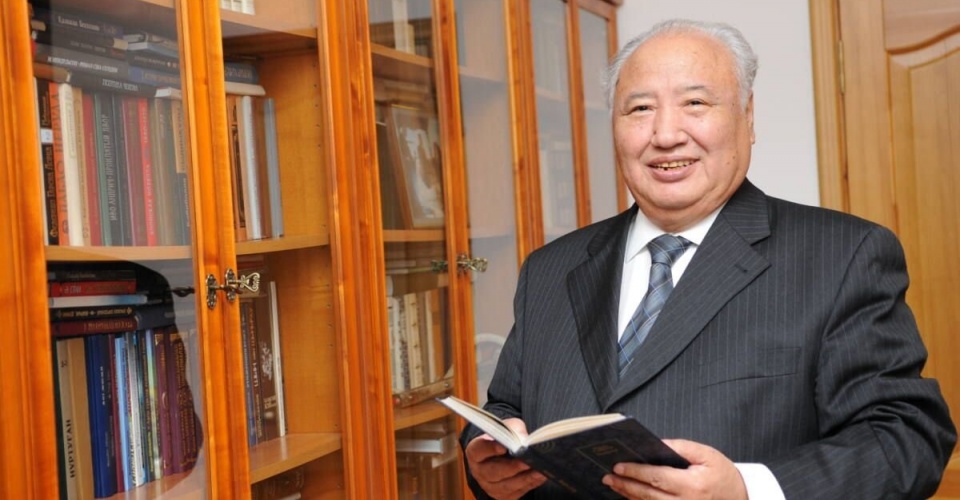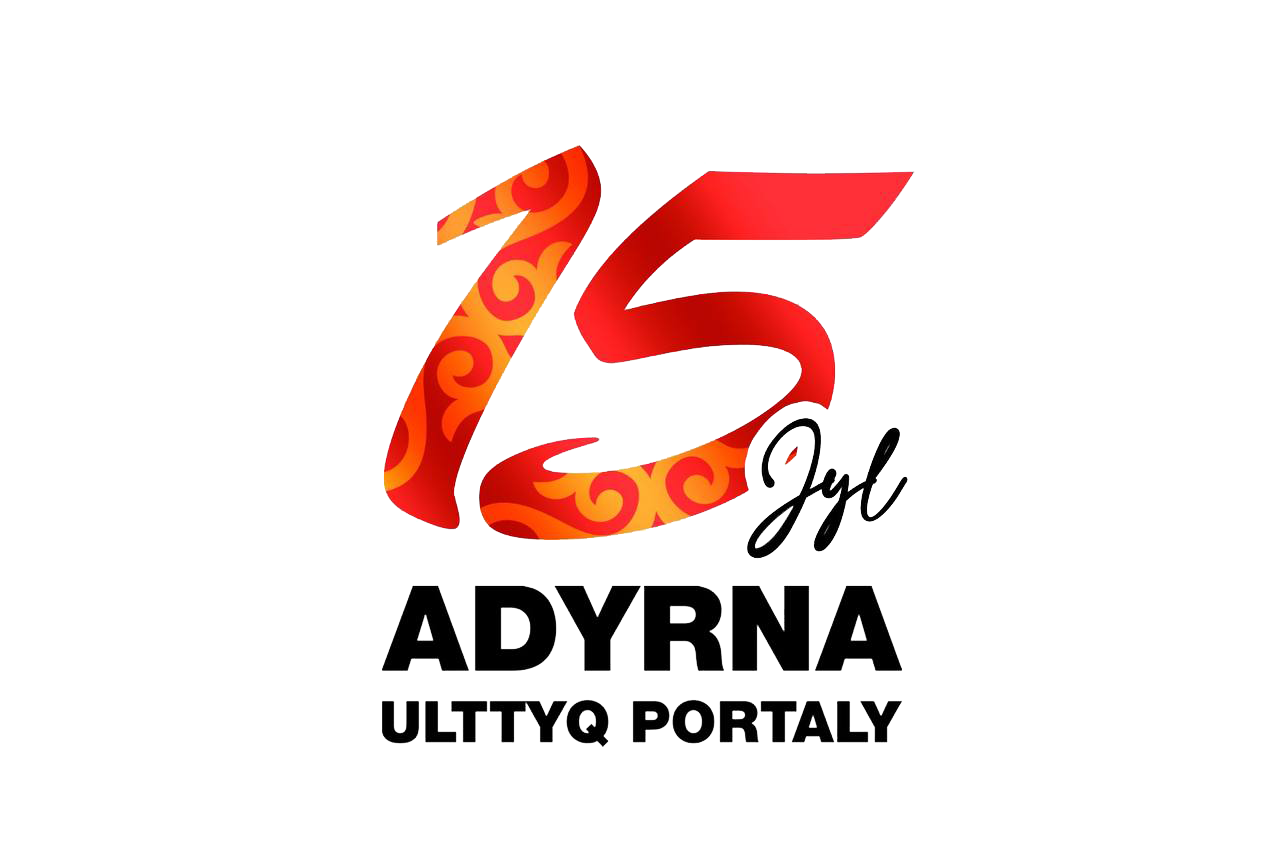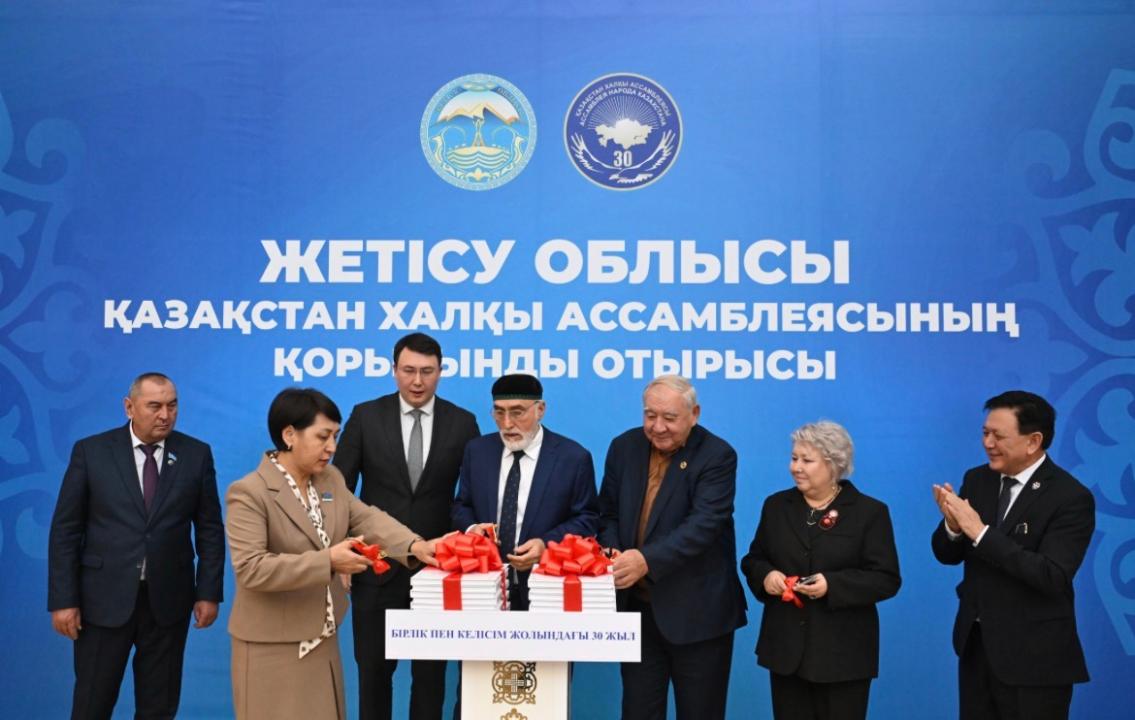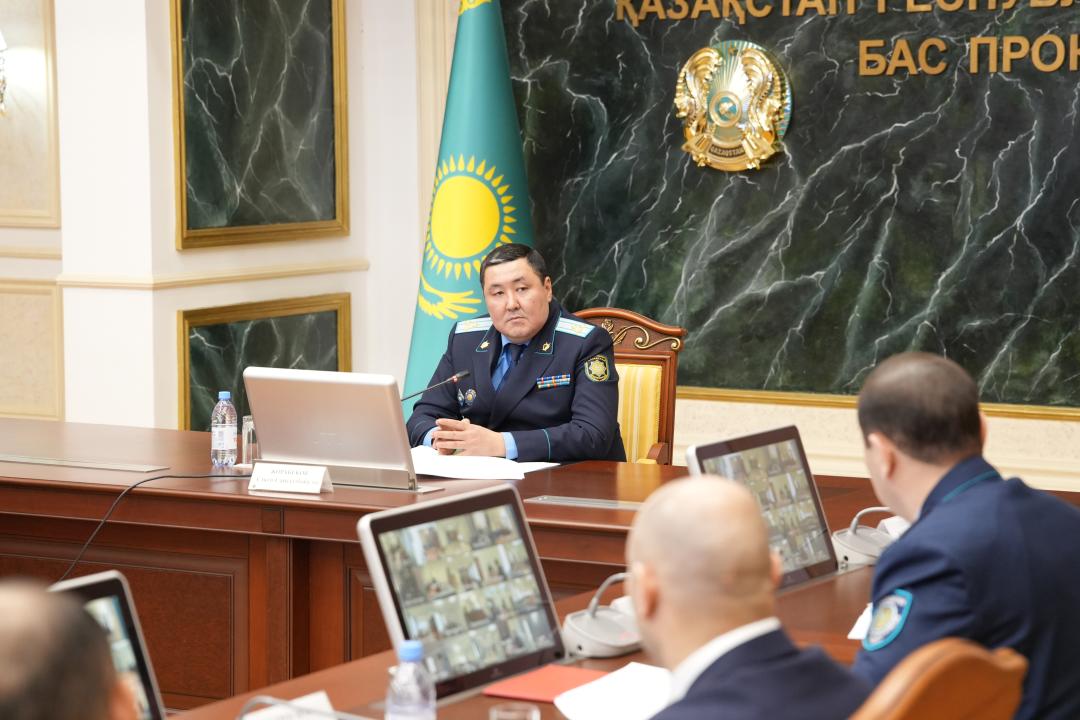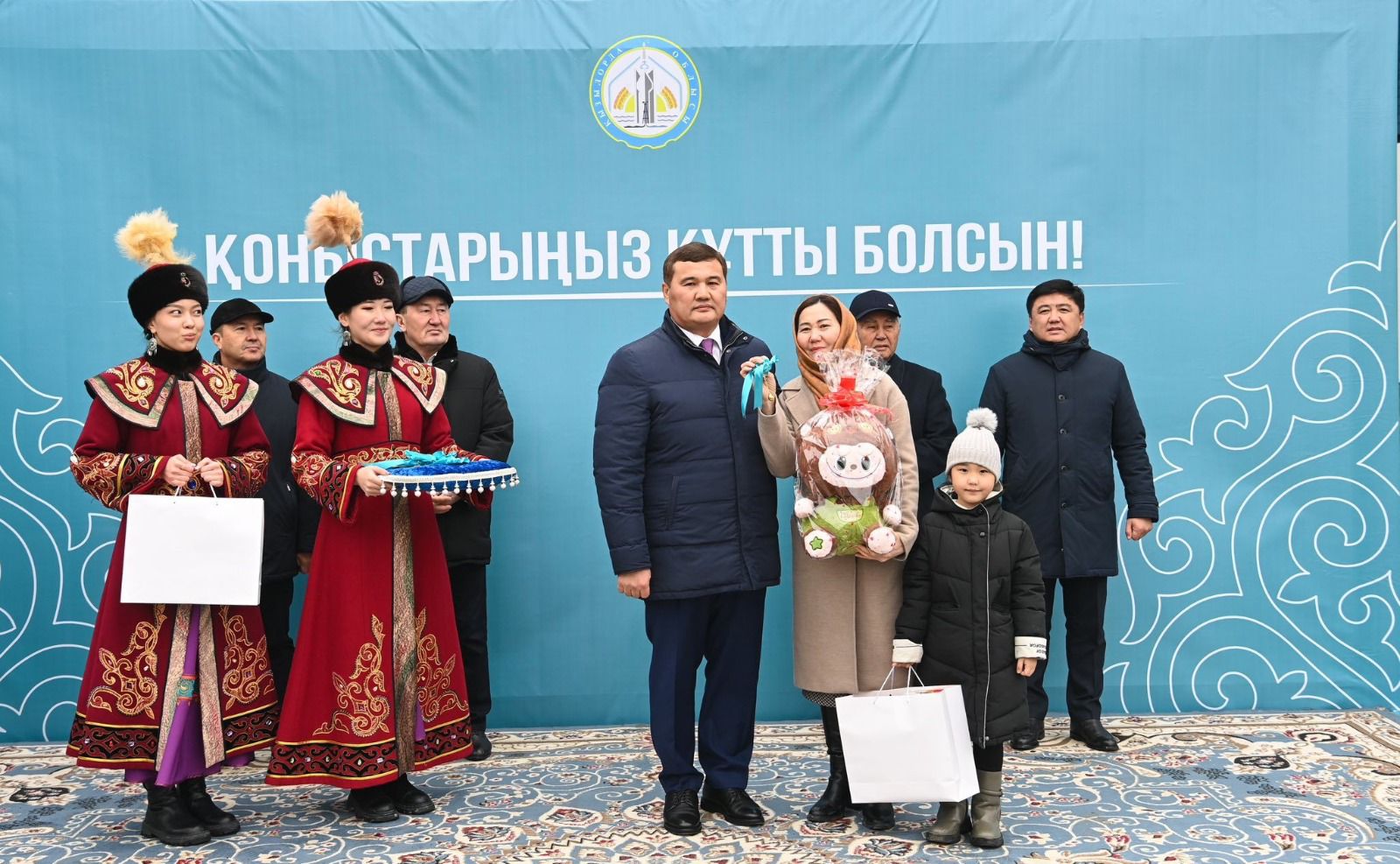Today marks the 85th anniversary of the birth of Abish Kekilbayev, a revered figure in Kazakh literature and an acclaimed National Writer of Kazakhstan. Renowned for his profound and insightful works, Kekilbayev is remembered as an eternal figure in the hearts of the Kazakh people.
Born in 1939 in the Mangystau region, Kekilbayev graduated from the Faculty of Philology at Kazakh State University and began his literary career at the Kazakh Adebieti (Kazakh Literature) newspaper. Over the years, he held various influential positions, including the First State Secretary during Kazakhstan’s independence, Member of Parliament, and Chairman of the Supreme Council. Kekilbayev made significant contributions to the formation of Kazakhstan’s statehood.
A Literary Legacy
Abish Kekilbayev’s works are an invaluable treasure of Kazakh literature. Transitioning from a national figure to a globally recognized literary icon, he left behind an enduring legacy.
His early collection of stories and novellas about rural life, Dala Balladalary (Steppe Ballads), showcased his broad epic style and future as a masterful storyteller. Other notable works include: Face to Face with the Era (1974, a collection of critical essays), Flying Cranes (1979), The Well (Shyngyrau, 1982), Selected works in two volumes (1992–1993), Dialogue with the Times (1995), The Dawn of Freedom (1998), A 12-volume collection of works (1999).
His novels Urker (1981) and Elen-Alan (1984) are regarded as significant achievements in Kazakh literature, earning him the Kazakh SSR State Prize.
In the 2000s, Kekilbayev explored historical themes, producing Talaigy Taraz (2001) and Shandoz (2002), which presented innovative approaches to historical research with academic precision and clarity. In 2009, he published a five-volume collection titled Syr Deste, featuring essays, memoirs, and speeches reflecting his decades-long thoughts and reflections.
Beyond his literary achievements, Kekilbayev was also a distinguished public servant and leader. From 1996 to 2002, he served as Kazakhstan’s first State Secretary. He was also a member of the Senate, the Parliament, and previously the Supreme Council of Kazakhstan.
Басқа материалдар
Adyrna.kz ұлттық порталының маңызды ақпараттарына жазылу
Соңғы жаңалықтар туралы хабардар болыңыз



